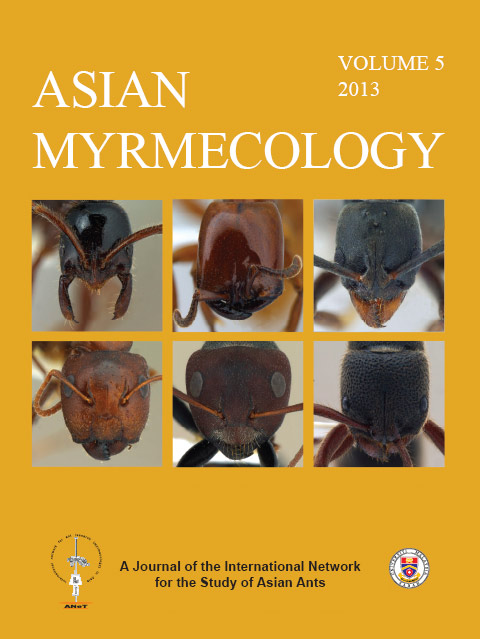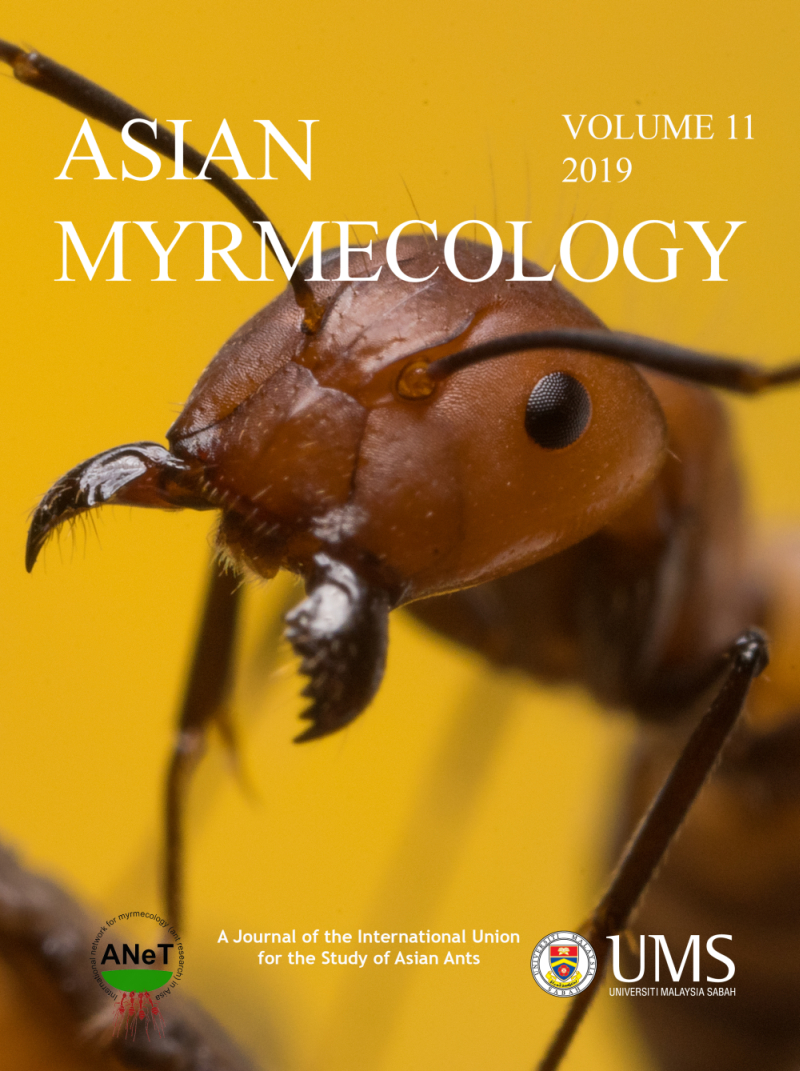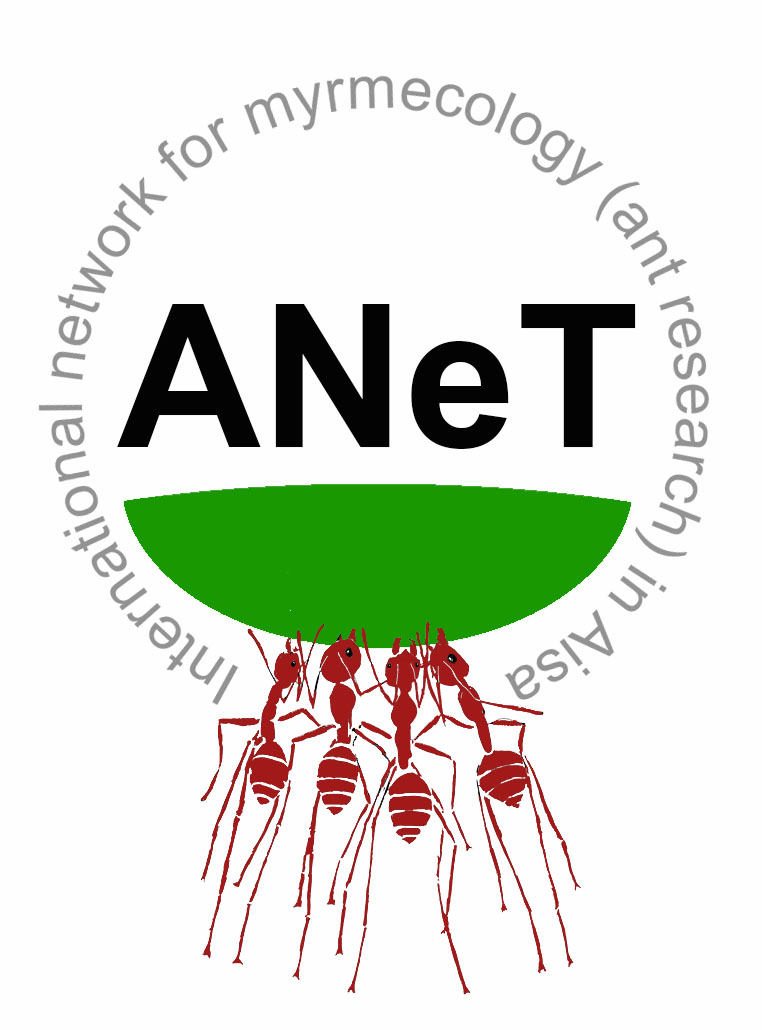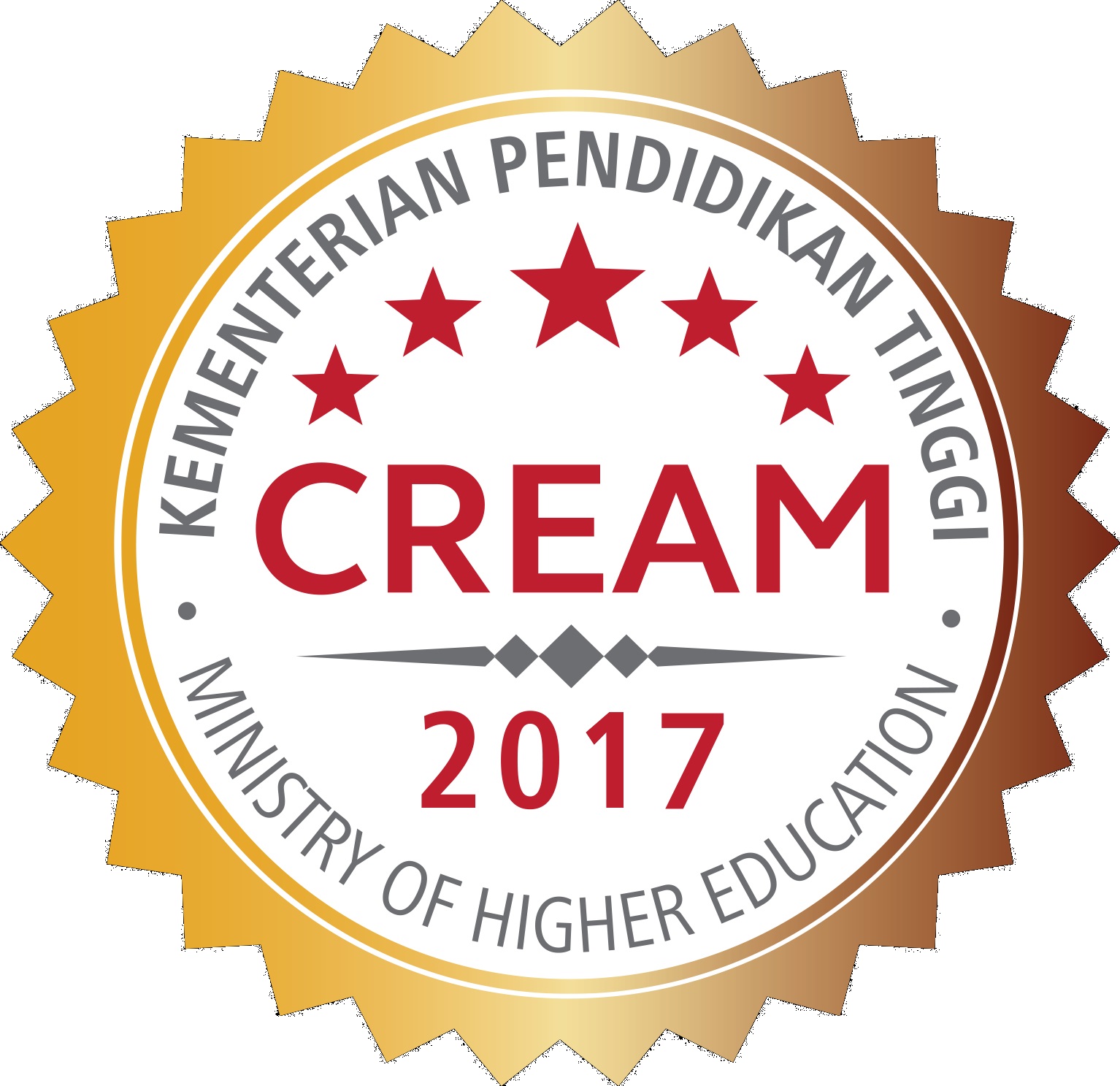ASIAN
MYRMECOLOGY
Image: François Brassard
Applied Myrmecology
Asian Myrmecology, Volume 5, pages 139-149, published March 2013
DOI: 10.20362/am.005015
The effectiveness of weaver ant (Oecophylla smaragdina) biocontrol in Southeast Asian citrus and mango
JOACHIM OFFENBERG1*, NGUYEN THI THU CUC2 & DECHA WIWATWITAYA3
Abstract:
Oecophylla ants may protect tropical plantation crops against pests. Cost-benefit studies comparing ant-based protection with conventional methods are needed to assess whether it is economically viable. Here we contrast profits in ant- and chemically-protected plots in a Thai and a Vietnamese citrus plantation and in a Thai mango plantation. In Thai pomelo and Vietnamese mixed pomelo/orange, ants and chemical pesticides lead to equal fruit yields. Lower costs in ant treatments, though, generated profit gains of 15 and 47 %, respectively, in ant plots compared with pesticide plots, though only the 47 % gain in the Vietnamese plantation was statistically significant. In contrast, ant protection was ineffectual in Thai mango. Here, the profit in ant plots was negative, and 125 % lower than in chemical plots, due to failed fruit set on ant-trees. This was mainly due to the leafhopper Idioscopus clypealis, which destroyed the mango flowers in the weaver ant treatments, and a result of weaver ants protecting this leafhopper to obtain its honeydew. Thus, weaver ants alone may work effectively in some settings whereas in other cases ant control needs to be supplemented with additional IPM control measures to provide a viable alternative to chemical pest control.
Keywords:
Oecophylla smaragdina; biological control; sustainable agriculture; organic fruit production; Mangifera indica; Citrus maxima; Citrus sinensis
Get PDF (1052K):
1Terrestrical Ecology, Department of Bioscience, Aarhus University, DK-8000 Aarhus C, Denmark
2Department of Plant Protection, Cantho University, Can Tho, Vietnam
3Department of Forest Biology, Kasetsart University, Bangkok 10900, Thailand
*Corresponding author: joaf@dmu.dk



